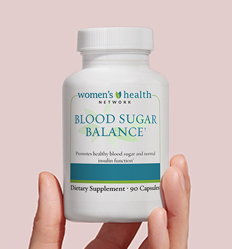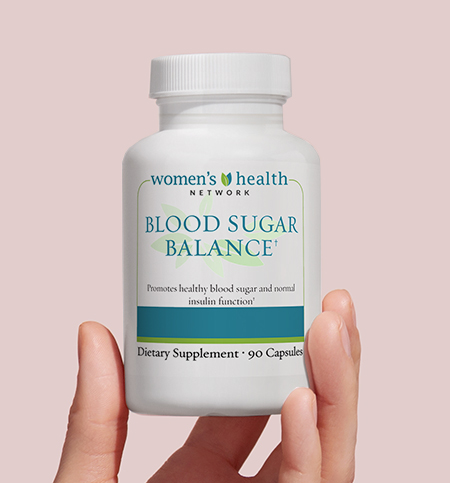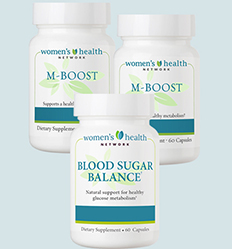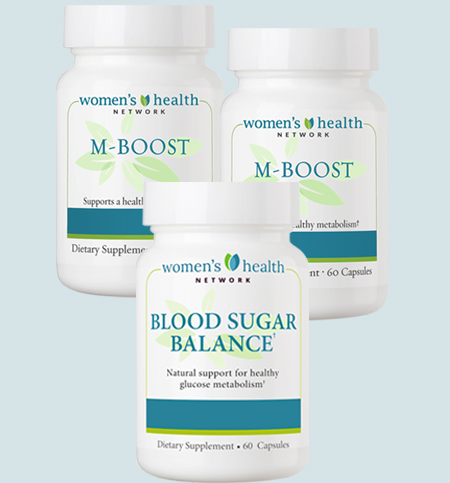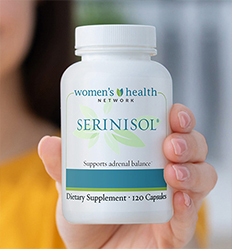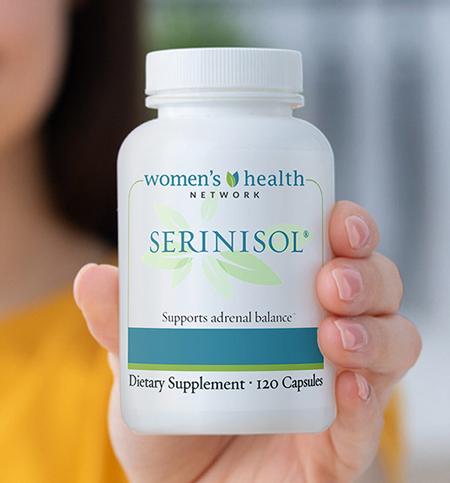For too long, women have received the message that cutting fat and cholesterol is the most important step for protecting their hearts. But the evidence tells a very different story — one that points to a much deeper, more nuanced understanding of women’s cardiovascular health.
So what should your understanding be?
Let’s start here:
Women’s risk factors for heart disease aren’t the same as men’s
The underlying health issues that put women on the path to cardiovascular disease can be very different from what puts men at risk. In our rushed healthcare system, however, conventional doctors can overlook this, offering the same two recommendations over and over to any patient with a heart health concern: go on a low-fat diet and take a statin drug.
While well-intentioned, this narrow approach focuses almost entirely on cholesterol levels — and this could miss what’s really threatening a woman’s heart. For sure, there are some women with high cholesterol levels that require medication. But at the same time, did you know research shows that half of all women who have heart attacks don’t have high cholesterol at all?
For these women, heart disease may be driven by other health factors, including…
Too little or too much estrogen: Estrogen plays a crucial role in keeping blood vessels flexible and cholesterol levels balanced. As levels of the hormone fluctuate in perimenopause and menopause and eventually decline, so too do these heart protective benefits. This is one reason why women’s risk of heart attack increases greatly after menopause.
But here’s something else women may not realize: cholesterol is a building block for estrogen (and other hormones), so overly aggressive cholesterol-lowering efforts — like taking a statin drug — may reduce the body’s ability to produce estrogen, contributing to hormonal imbalance and further diminishing the hormone’s natural protection of blood vessels.
Note: Too much estrogen can also be a problem. High levels of estrogen have been demonstrated to increase cardiac risk, possibly by increasing serum triglyceride levels and raising the risk of blood clots. This is the reason why estrogen HRT (hormone replacement therapy) carries risk warnings for blood clots and strokes.
Prediabetes and diabetes: Blood sugar problems are a top predictor of heart disease in women, but often go undetected until after the damage is done. In a 2023 study from the UK, researchers found that both men and women with only moderately elevated blood sugar levels (prediabetes) were still at increased risk for cardiovascular problems. In women, specifically, elevated blood sugar levels were found to increase heart disease risk by 30–50%.
Chronic inflammation: A landmark 2000 study published in the New England Journal of Medicine found that C-reactive protein (a marker of inflammation) was a stronger predictor of cardiovascular events in women than LDL cholesterol in many cases. The researchers concluded that chronic, low-grade inflammation plays a key role in driving atherosclerosis, even in individuals without other traditional risk factors.
Chronic stress: Prolonged, ongoing stress disrupts hormonal balance and drives up cortisol, which in turn raises both blood pressure and blood sugar. Over time, this constant state of high alert takes a toll. A study published in the Journal of Psychosomatic Research found that chronic stress significantly increases inflammatory markers, elevating risk for atherosclerosis.
Excess weight: Carrying extra pounds, especially hormally active belly fat, ramps up inflammation and insulin resistance, compounding cardiovascular system strain. For women in perimenopause and menopause, hormonal changes increase risk for midsection weight gain.
Autoimmune disease: Women are far more prone to autoimmune conditions, many of which heighten cardiovascular risk through inflammation and tissue damage.
Pregnancy-related conditions: Experiencing health issues during pregnancy, like preeclampsia and gestational diabetes, can be predictors of future cardiovascular disease.
High blood pressure: Hypertension is often underdiagnosed in women. Even among those diagnosed, fewer than 1 in 4 have their blood pressure under control. Uncontrolled high blood pressure damages the heart and blood vessels over time.
Metabolic Syndrome (MetS): Women with MetS — a cluster of conditions that includes elevated blood pressure, high blood sugar, excess abdominal fat, and abnormal cholesterol or triglyceride levels — have a significantly higher likelihood of developing cardiovascular disease compared to those without it, due to the compounding effects of these interrelated risk factors.
Statins aren’t a substitute for healthy lifestyle changes
Just a glance at the list of risk factors above makes it clear: for most women, heart disease is far more complex than just high cholesterol. Yet despite this, many healthcare providers still rely heavily on statins as a go-to fix.
The problem is that when a woman takes a statin and is then told her cholesterol looks “normal,” it can create a false sense of security — and other risk factors she’s experiencing go unaddressed. This wastes valuable time that could be spent getting the right tests to identify and address what’s really going on beneath the surface. It may also delay taking the important step of making meaningful lifestyle changes that naturally protect women’s hearts.
Whenever heart health is a concern, women deserve real guidance on:
- Smart movement choices. Moderate cardio — like going for a brisk walk — is beneficial, but adding strength training and yoga can offer even more protection for your heart.
- Making dietary shifts. Increasing healthy fats — like those found in olive oil, avocados, and fatty fish — helps support hormone balance and reduce inflammation. These can easily be incorporated into a healthy Mediterranean-style diet for weight loss or blood sugar balance.
- Quitting smoking. If you smoke, quitting is one of the most powerful ways to reduce your overall risk for cardiovascular disease — and no medication can replace that.
- Prioritizing stress reduction. Daily practices like mindfulness, quality sleep, social connection, and support for healthy cortisol levels can have a profound impact on cardiovascular health.
No matter where you’re starting from, incorporating heart-supportive habits into your routine is always a smart move — and one of the most powerful things you can do for your long-term health.
Let’s finally leave behind low-fat diets
When you skip foods like egg yolks and full-fat dairy because of long-ingrained warnings about the evils of cholesterol and fat, you’re also missing out on key nutrients your body needs to produce hormones, maintain metabolic health, and protect your heart — especially during and after menopause.
But equally concerning is the food you do eat on a low fat diet. We’re not talking about carrots and celery — we mean processed low-fat foods that dominate grocery store shelves. Foods like fat-free yogurt and coffee creamer, low-fat crackers and chips, reduced-fat frozen meals, and fat-free salad dressings. These products are often loaded with added sugars, refined carbs and artificial ingredients that spike blood sugar, fuel inflammation and ultimately increase the risk of heart disease.
Putting together all the pieces of your heart health puzzle
When it comes to protecting your heart, it’s time to move away from outdated goals like “get your cholesterol as low as possible” or “lose weight at any cost.” Instead, think about building a resilient, balanced foundation for your whole body — one that supports hormonal harmony, metabolic flexibility, and stress resilience.
Here’s what that looks like:
- A well-rounded, nutrient-dense diet, such as the Mediterranean diet — rich in whole foods, healthy fats, fiber, and antioxidants.
- Hormonal balance, especially during life transitions like perimenopause and menopause.
- Moderate, consistent exercise that supports strength, circulation, and mental well-being.
- Healthy, well-regulated blood sugar levels that help you avoid spikes and crashes throughout the day.
- Blood pressure control, supported by lifestyle, not just medication.
- Low inflammation, achieved through an anti-inflammatory lifestyle and supplementing with natural inflammation-fighting anxtioxidants.
It’s time to retire the low-fat, low-cholesterol myth once and for all — especially when it comes to women’s hearts. The science tells us that heart disease in women is about so much more than a lab number. It’s about hormones. It’s about stress. It’s about inflammation and metabolic health. And it’s about being seen and treated as the whole, complex individual you are.







